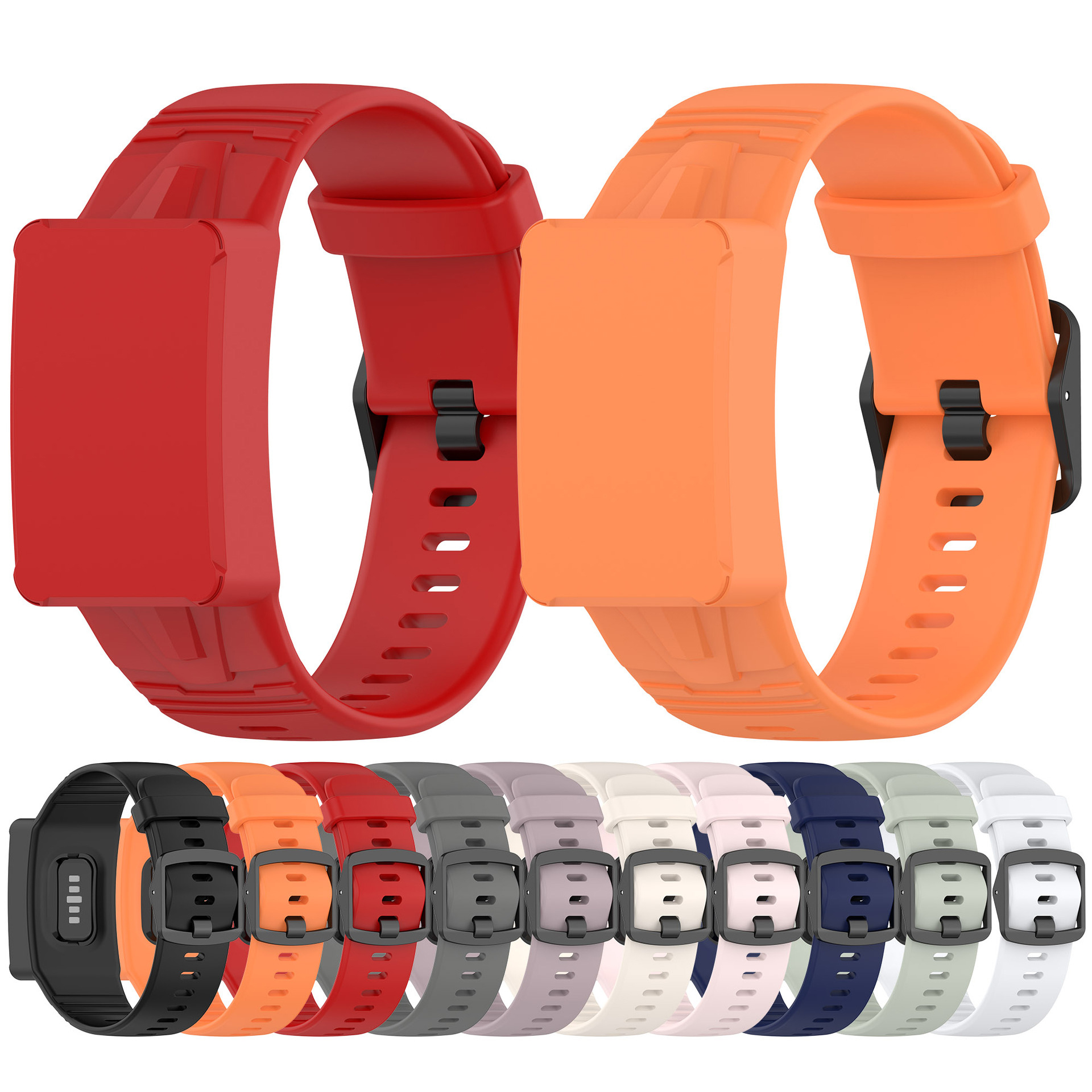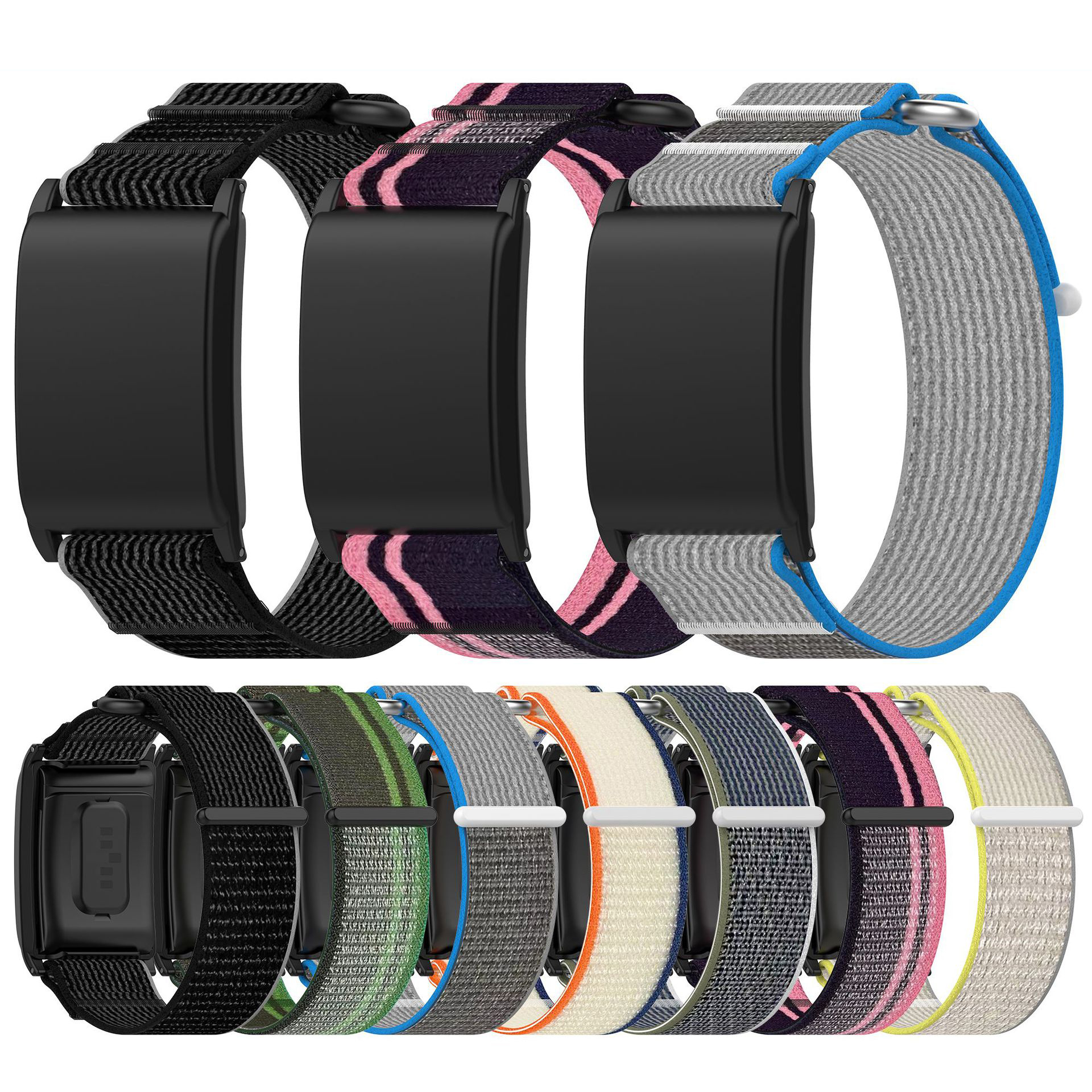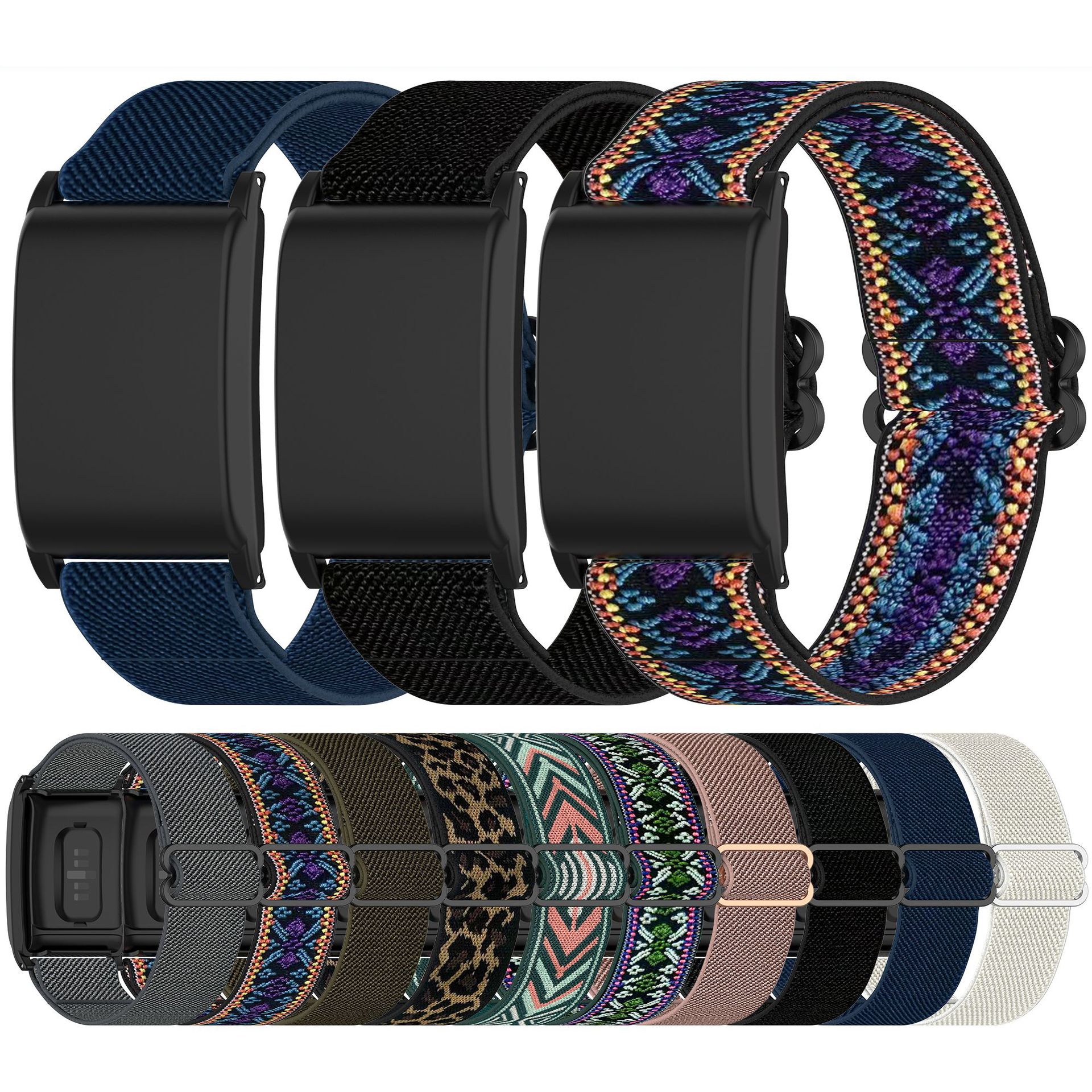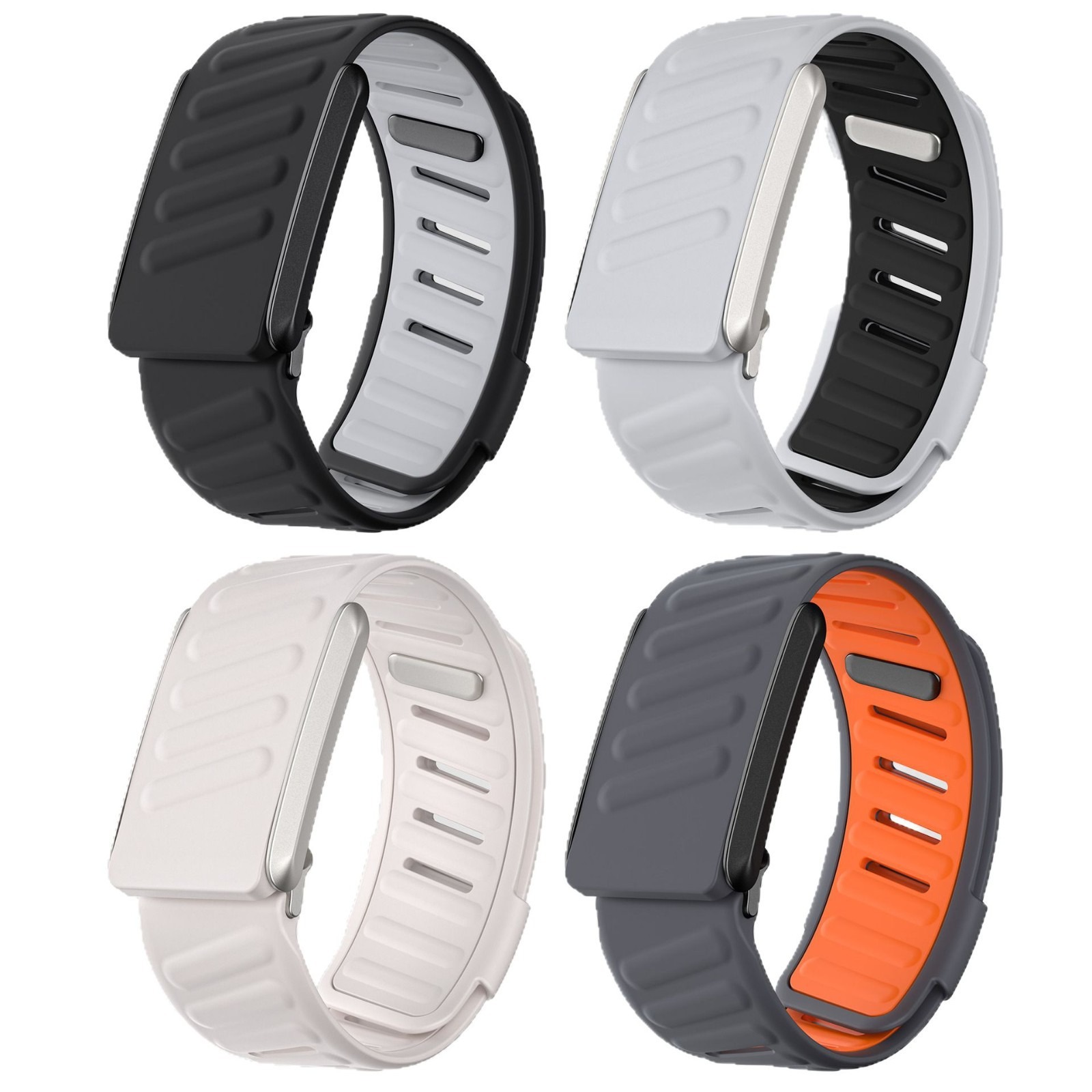About Us
The Science Behind WHOOP Straps: How Material Innovation Enhances Fitness Tracking
Views : 51
Update time : 2025-03-27 19:20:00
Introduction WHOOP straps aren’t just accessories—they’re precision-engineered tools critical to accurate biometric monitoring. Dive into the technology ensuring seamless heart rate tracking, durability, and user comfort.
1. Hypoallergenic Silicone: More Than Comfort
- Dynamic Tension Control: Maintains consistent sensor contact during movement.
- FDA-Approved Material: Safe for 24/7 wear, even on sensitive skin.
- Data Insight: A 2023 study showed WHOOP’s material reduces HR signal noise by 37% vs. rubber bands.
2. The Role of Band Design in Data Accuracy
- Sweat-Channeling Grooves: Prevent liquid interference with optical sensors.
- Quick-Release Mechanism: Ensures no tension loss during band swaps.
- Pro Tip: Avoid third-party bands—unofficial materials may block sensor LEDs.
Technical Specifications Table
| Component | WHOOP Strap | Generic Bands |
|---|---|---|
| Sensor Contact | 360° pressure-adjusted grip | Intermittent skin contact |
| Water Resistance | 5 ATM (50m depth) | IP67 (1m for 30 mins) |
| Stretch Recovery | 99% after 10K stretches | 70% after 1K stretches |
| Temperature Range | -10°C to 60°C | 0°C to 40°C |
3. Future Innovations: What’s Next?
- Eco-Friendly Biodegradable Straps: WHOOP Labs is testing plant-based silicone.
- Auto-Tensioning Bands: AI-driven adjustments mid-workout (patent pending).
Conclusion WHOOP’s relentless R&D ensures its straps are as advanced as its analytics. By understanding the engineering behind your band, you’ll appreciate its role in unlocking peak performance.
相关新闻




